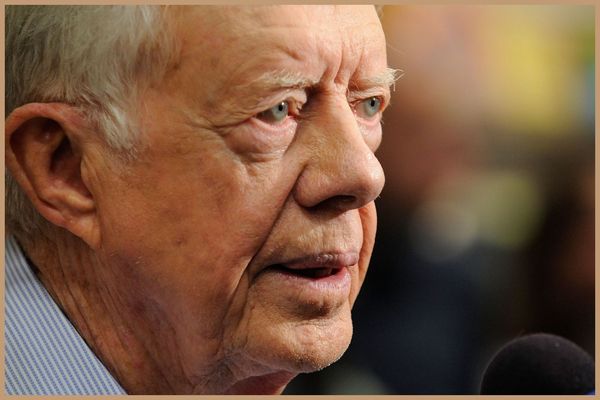
Four out of five adolescents that I saw in my clinic over the past week had experienced bullying. The figure is shocking, but not surprising. Bullying is a common experience in childhood and adolescence. Depending on severity and frequency, the rate of bullying in children varies.
Enacted in myriad ways, the common factor is sustained, repeated behaviours to cause hurt, intimidation, exert power and/or exploit. It is often insidious, hidden and undisclosed by the victim. Out of fear of escalation, retaliation and retribution, leading to even greater harm, victims often stay silent.
This creates a sense of isolation, helplessness and often shame. It fosters secrecy and conditions for the behaviour to continue.
Few situations leave parents more hamstrung and helpless, watching for clues for what’s happening, afraid to stand by, but apprehensive to risk making things worse.
It’s heartbreaking and there’s no blueprint but here’s what I say when parents ask what to do when something seems wrong.
1. Try to listen and hear. Being bullied is a profoundly lonely experience. It’s one of the hardest things for your child to talk about, sometimes harder than poor grades or getting into trouble at school. At least there is usually some peer group camaraderie and even solidarity for those other things.
The words may not come easily. At that age, problems are bigger and felt more deeply, than the available abstract words to express the problems, feelings and thoughts. It may be the start of a chat is just being together, or being on the way to something in the car, going for a walk, or another activity you can share.
2. Know that your child may have made up their mind that they have caused this and they alone can solve it. Remain clear in your belief and clear with your child that they are not to blame, do not have agency over the behaviour of others, nor to make it stop. The adults have responsibility to ensure and model behaviour, and foster an environment that is physically and psychologically safe. That may mean bringing it to the attention of responsible adults, clarifying policies around bullying and measures to ensure protection and safety. This may include, for example, where there are threats, intimidation, cyberbullying, that appropriate steps are taken for the safety of all involved. It can be complex, but the mandate to provide safety is a clear guide.
3. Let your child know they are safe with you, even if it gets hard, and that you will be there. Of course, adolescents and children don’t view the relationship with parents as compensation or substitute for peer relationships. However, parents can support to explore new activities and places where new peer interactions may develop, and self-esteem can grow. The isolation that comes with bullying can make it feel as if the place in which it occurs, whether at school, after school, or online, is highly valued, that loss of this peer group is irreplaceable. School can feel like the whole world at that age. Yet, once school age passes, with engagement in a bigger world of adults, work or further education, the size of the pond that school represents becomes clearer. That eventuality can seem a long way away but adults are proof of living through and past this stage.
4. Don’t be afraid to make changes. This may be the hardest but most important thing you can do as the parent. When I’ve seen parents take the decision to change schools, it’s a difficult step, and rarely the first option considered. However, in the majority, peer relationships and bullying change with a change in school. A change can make all the difference.
5. This suggestion is a gentle one, more future proofing than remedy. As much as possible, try to strengthen your relationship with your child. Children naturally place more distance between themselves and parents in their teens, when the effort to maintain and build the relationship may lie more with the adults. However, the trust built through talking, sharing thoughts, interests and time can act as a safety net and buffer. So when things get hard for your child, and your child may feel alone and uncertain and seeks support from somewhere, let them know that can be you. It’s the hardest thing to be consistent, calm and non-judgmental and to provide enough independence to grow from and stability to return to when needed. When children feel alone with nowhere to turn, be one of their top options.
• In Australia, children, young adults, parents and teachers can contact the Kids Helpline on 1800 55 1800, Beyond Blue on 1300 22 4636 and Lifeline on 13 11 14. In the UK, the charity Mind is available on 0300 123 3393 and Childline on 0800 1111. In the US, call or text Mental Health America at 988 or chat 988lifeline.org.
• Saretta Lee is a child, adolescent and adult psychiatrist from Sydney







